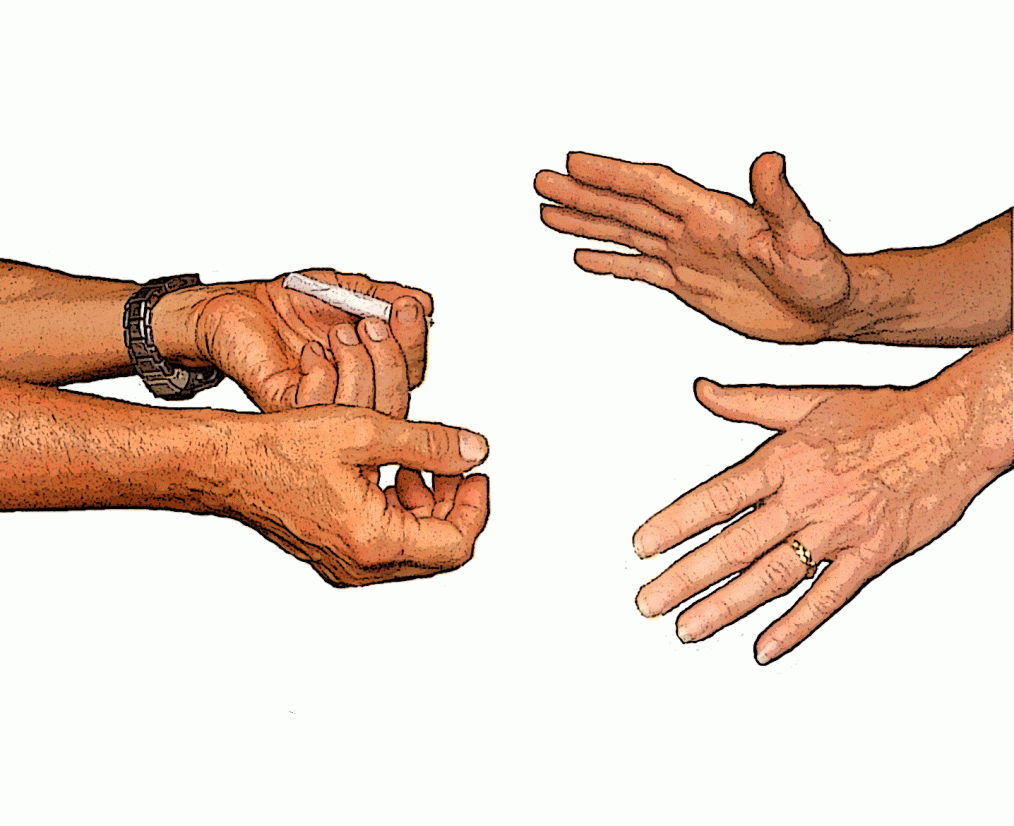 What is addiction? Our culture is enduring an epidemic of addiction. In the past, addiction was diagnosed when someone is dependent on a substance of abuse, such as alcohol, heroin, nicotine, or another psychoactive substance. More recently, scientists have discovered that the same compulsive neurons in the brain are affected in the brains of compulsive eaters, gamblers, sex addicts and even compulsive spenders. We can say that addiction is a disorder involving an intense and increasingly dysfunctional relationship with a particular substance or behavior.
What is addiction? Our culture is enduring an epidemic of addiction. In the past, addiction was diagnosed when someone is dependent on a substance of abuse, such as alcohol, heroin, nicotine, or another psychoactive substance. More recently, scientists have discovered that the same compulsive neurons in the brain are affected in the brains of compulsive eaters, gamblers, sex addicts and even compulsive spenders. We can say that addiction is a disorder involving an intense and increasingly dysfunctional relationship with a particular substance or behavior.
When thinking of addiction, we think of someone skanky and nasty in a dark alley. How confusing to notice that none of our clients who are addicts fit this description! It is the same with alcoholism. We offer another description: An addict is a person who, seeking an escape from uncomfortable feelings, began using alcohol or some other drug to dull that feeling. We want to expand that to also include addictive activities, like gambling, shopping, sex, and you?name?it, which can be a temporary distracter. Using whatever it was only worked a little, so it had to be increased to get the same effect. As it took more time and money, it began to create problems in the person’s life. These problems might be with health, money, relationships, or the law. They define addiction.
Another marker of addiction is that it is often not the main problem in a person’s life. There is some other problem, often a mental health problem, that the person is trying to ease by using. Thus the addiction problem cannot be solved without addressing the other problem. In treatment we will look at both the addiction and the other problem, often in the same session.
How do we help folks with addiction problems? We both have worked at the Center for Drug Free Living, a recovery agency in Orlando. Peter is a Certified Addictions Professional. Paula worked at the methadone clinic helping people addicted to opiates. We can help in assessing the severity of a drug problem, explain the various treatment options, then take effective action to address the problems that are present. The approach we will take varies from person to person, but the goal is to help him or her return to normal functioning.
What is codependency? In the 1970’s and 1980’s, mental health professionals developed concepts and terms to describe the affects of addiction on the well being of those who are affected by the addiction. It’s not an official diagnostic term, but it’s commonly used to describe the thoughts, emotions and behaviors of those persons. When thinking of codependency, we think of someone whose life and priorities are frustrated because someone important to them is engaged in self destructive behaviors. Their life is wrapped around protecting that person from the consequences of those behaviors. As a result, the codependent person can become anxious, angry, hopeless, controlling or even physically ill as a result of the stress. It has been our experience that, oddly enough, the success of a recovering person’s sobriety can be sabotaged by the unaware, well intentioned, but stressful attitudes and behaviors of the codependents in his or her life. In working with clients, we’re aware of the codependent legacy of being raised in an environment negatively affected by substance abuse. Even
if a person is not currently in relationship with someone active in substance abuse, there are likely
dysfunctional codependency issues that affect current relationships and self worth.
How do we help folks with codependency problems? The issues of codependency are
often more challenging, in that with substance abuse there is a marker, the drugs, which can be noticed
and addressed. With codependency, the problems are not tangible like drugs are. Often, these folks
are so preoccupied with the addicted other that they can’t focus clearly on the self destructive mind
states that characterize codependency. We will educate codependents about the nature of the disease
of addiction and help them reestablish relations with the addicted person that support a return to
normal functioning for both. We might recommend self help books to further the educational process.
We will explore how coping strategies that were necessary to live with someone actively abusing drugs
affect the codependent’s self image and what he or she experiences and acts on in relationships.